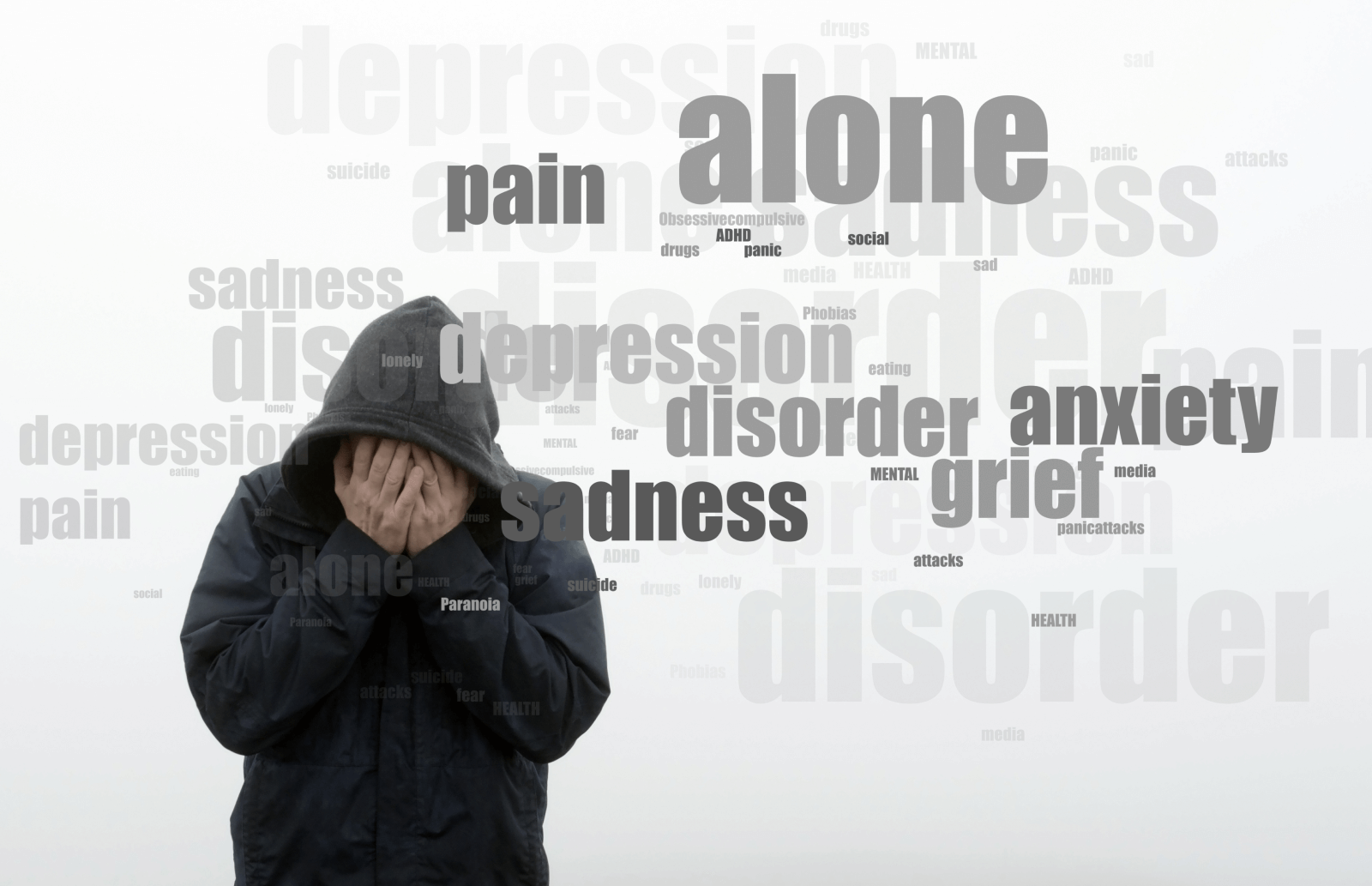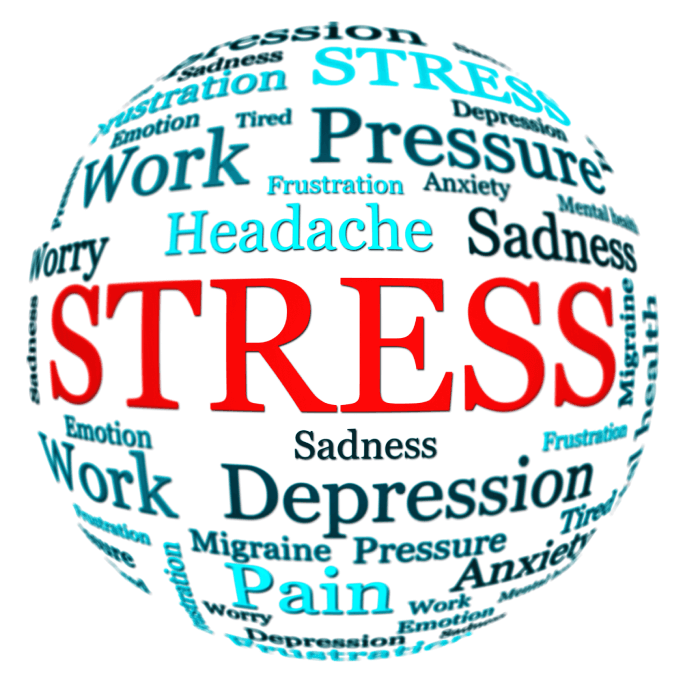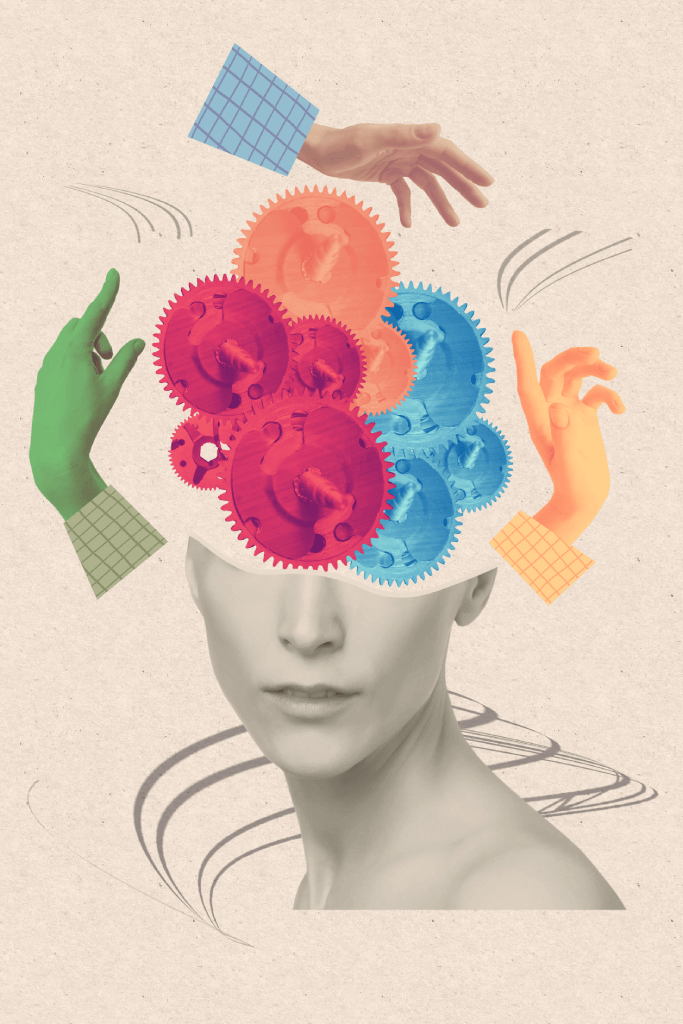
Mental Health Issues



Mental Health Issues in the Modern World
Mental health issues have become an undeniable global crisis, with the younger generations, particularly Generation Z, feeling its impact more than ever. Depression has now emerged as the leading cause of disability worldwide, affecting an estimated 280 million people, according to the World Health Organization (WHO). As the pressures of social media, economic instability, and global crises continue to mount, the mental well-being of young people is taking a toll.
For Generation Z, who’ve grown up in this digital world, it brings both constant connection and relentless comparison. Research from the American Psychological Association shows that 91% of Generation Z experience physical or emotional symptoms due to stress, with social media being a significant factor in their anxiety. Constant exposure to curated, but often unrealistic, portrayals of life online is contributing to feelings of inadequacy from distorted self-images.
In the UK, nearly 70% of young people aged 16-24 report experiencing mental health issues, with anxiety, depression, and stress being the most prevalent. The situation is even more alarming in terms of youth suicide rates, which have been rising steadily. According to the Office for National Statistics (ONS), the suicide rates among 24-year-olds in England and Wales increased by 34% between 2010 and 2021. Additionally, 1 in 6 children aged 5-16 experienced increasing mental health disorder in 2020, according to NHS Digital. The COVID-19 pandemic exacerbated these issues, with isolation, any uncertainty, and disrupted education intensifying young people’s struggles. Reports show that referrals to child and adolescent mental health services (CAMHS) in England reached a record high in 2023, with over 1.4 million children seeking support. Dismantling of communities by organisations has led to mental health issues.
Internationally, the crisis is just as severe. A 2023 report by UNICEF found that over 40% of young people worldwide experience frequent feelings of anxiety or depression. The mental health burden is particularly high in low and middle-income countries, where access to mental health services is severely limited. According to the WHO, nearly 75% of people with mental health disorders in these countries receive no treatment at all. In the United States, data from the Centers for Disease Control and Prevention (CDC) indicates that 42% of high school students felt persistently sad or hopeless in 2021, the highest recorded level in over a decade.
The mental health crisis among Generation Z is not just a statistic; it’s a reality that’s shaping the future of this generation, with grave effects for the future, throughout society. Social media, economic pressures, and the uncertain global landscape are contributing to an epidemic of mental health issues. With mental health services under pressure and waiting lists growing, the demand for support has never been higher.
The UK government has pledged increased funding for mental health initiatives, but experts warn that more needs to be done to ensure timely access to care. Additionally, education systems worldwide must integrate mental health awareness and coping strategies into their curriculums to equip young people with the tools they need to navigate these challenges.
What can we do? As a society, we must act now to provide the support, resources, and conversation necessary to tackle this growing challenge. Expanding access to mental health services helps to promote digital literacy to counteract the negative effects of social media, and fostering open discussions about mental well-being are critical steps toward addressing this crisis. With millions struggling, the urgency to act has never been greater for this generation.
EMMA has been in the forefront to promote Social welfare through tackling Mental Health issues by building a sustainable community through Multicultural values, as it does take a community to raise any child within our society, who will one day, play an active part in this.


































